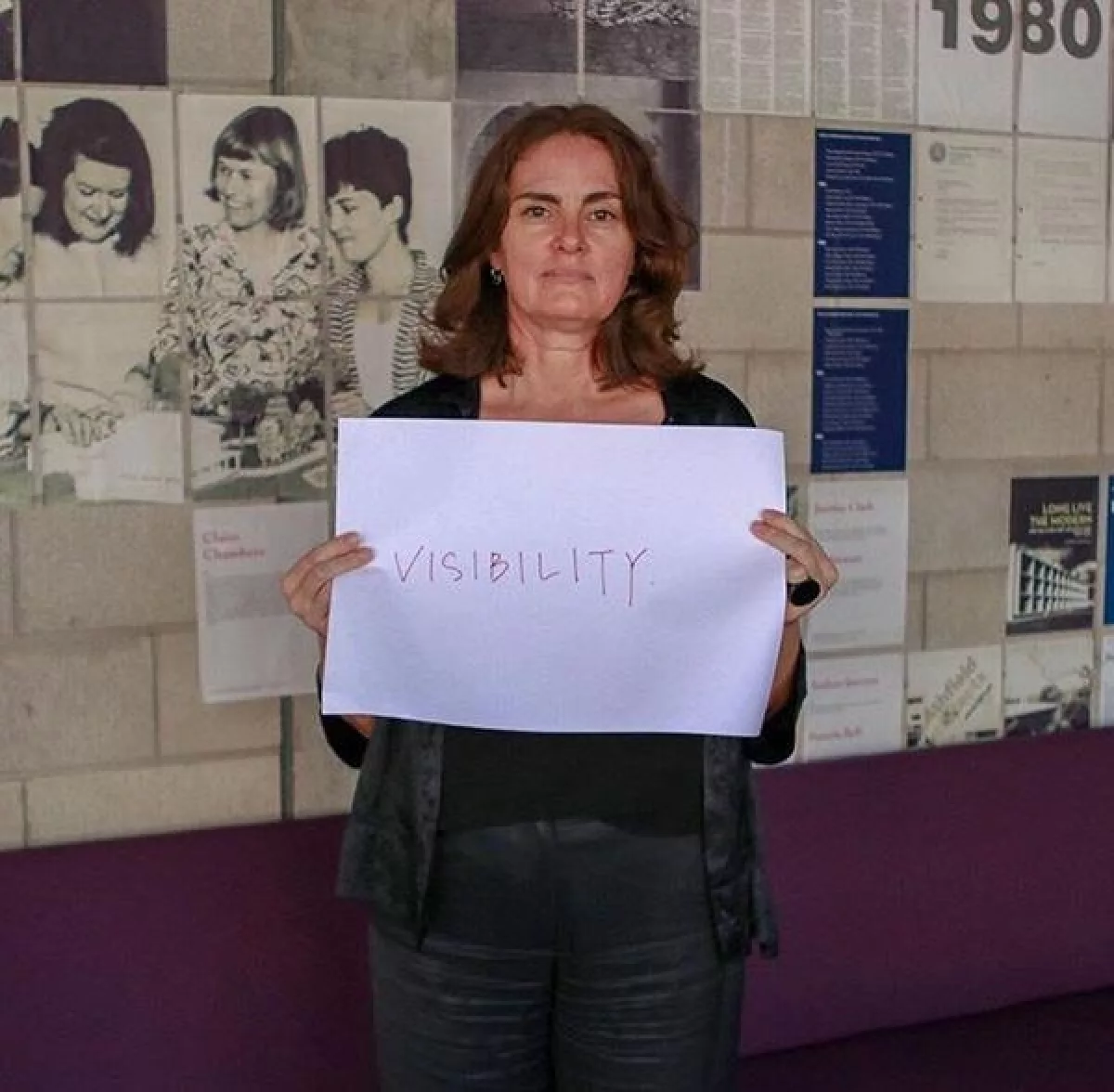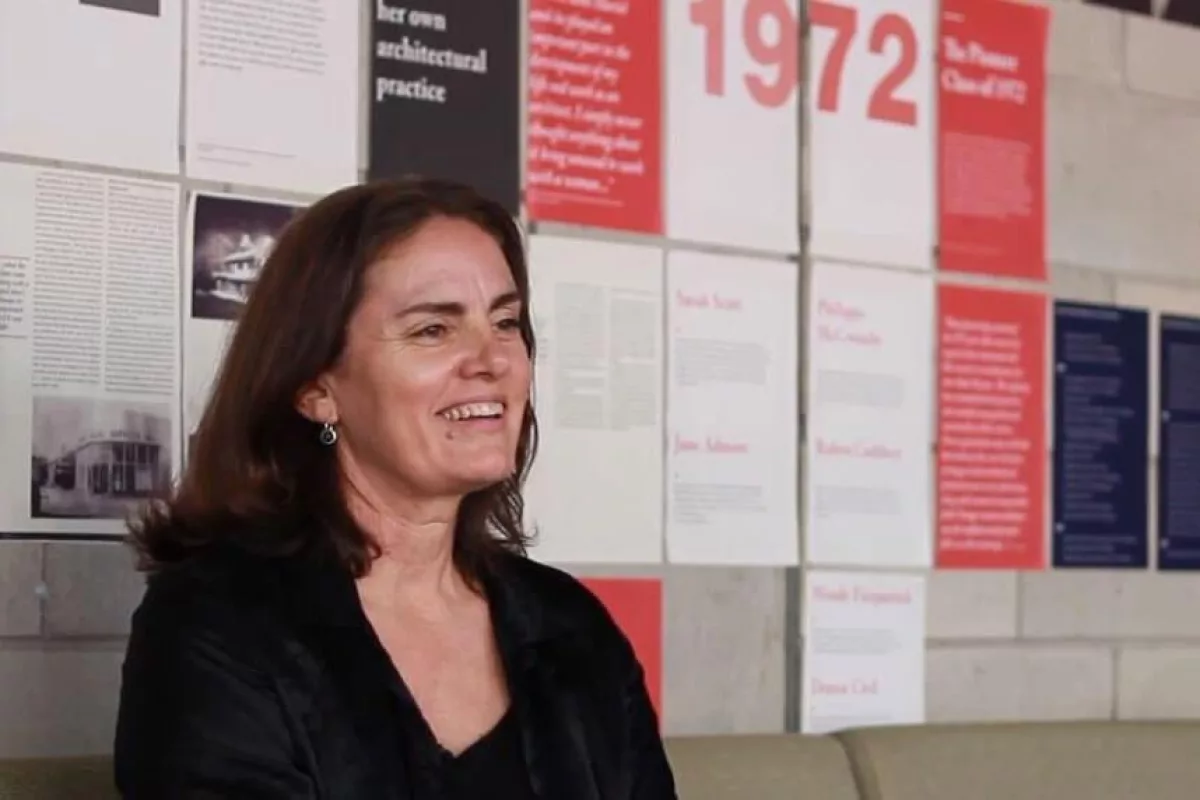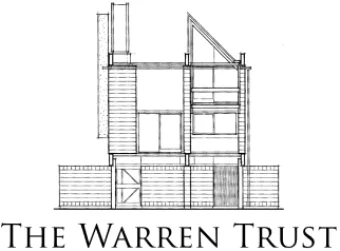A+W NZ Co-Chair Interviewed by Diversity Agenda
16 Jul 2018
A+W NZ Co-Chair was interviewed by Diversity Agenda before the launch of their website and #20for21 project earlier this year. Here we reproduce their article, with the link to the original here.

BECOMING AN ALLY FOR ALL
Lynda Simmons is an ally for women in architecture in every sense of the word. As a sole practitioner, a registered architect and a professional teaching fellow at Auckland University School of Architecture and Planning, she’s exposed to the inner-workings of the industry from top to bottom; starts of careers and, unfortunately, the end of some as well.
But that’s not all. Lynda is also co-chair and co-founder of Architecture + Women NZ, a non-profit volunteer organisation she helped establish in 2011. In a nutshell, the organisation helps shine the spotlight on women working in the field, as they are often missed.
“I had been watching waves of really talented architecture graduates go out in the world and not thrive in the profession, and it was really upsetting me,” says Lynda. “I felt somebody had to do something about it. I thought, how can we enable women to share stories and learn how others have done it? Because women have been doing this job for a long time and have managed to survive, so how do we get those stories out?”
“If we support males as well, then families and architecture benefit.”
When it comes to women leaving the industry, there’s one topic Lynda doesn’t want involved in the conversation: having children. It makes sense, really, as limiting it to just a desire to raise a family not only narrows the conversation, but ignores the much broader, widespread reasons why women decide to leave.
“Despite our name having the word woman in it, we are actually focusing on much broader, diverse issues. We actively look for ways to develop a cultural change within in a practice,” says Lynda. “If we support males as well, then families and architecture benefit.”
A key tension point for both men and women is, unsurprisingly, flexibility. But it’s not so much just having access to a flexible work environment that’s an issue for many: it’s about not having your reputation or status negatively affected by a flexible schedule.
“One of the issues around flexibility is that it devalues your role within the project. As soon as people ask for flexibility, they tend to be devalued in the office because they’re not there full-time,” says Lynda. “Unfortunately, what tends to happen is as soon as kids and family are the reason for your flexibility, your status and career pretty much flatlines.”












